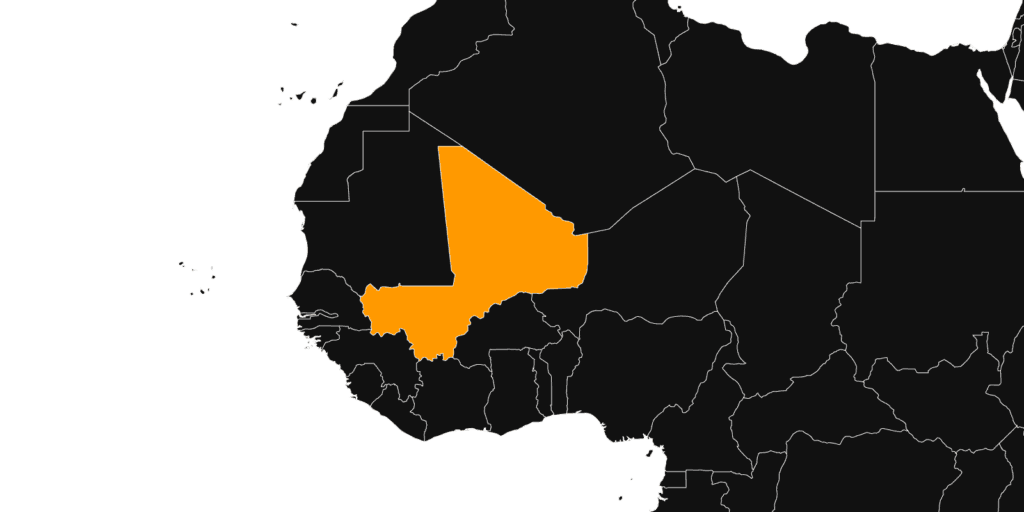

Sections of Mali’s cybercrime law threaten online freedom of expression and privacy
This statement was originally published on cipesa.org on 21 February 2020. On December 5, 2019, the president of Mali promulgated Law n° 2019-056 on the Suppression of Cybercrime. Although timely and relevant, a number of provisions pose potential threats to privacy and freedom of expression online, especially in view of Mali’s democracy deficits and low […]
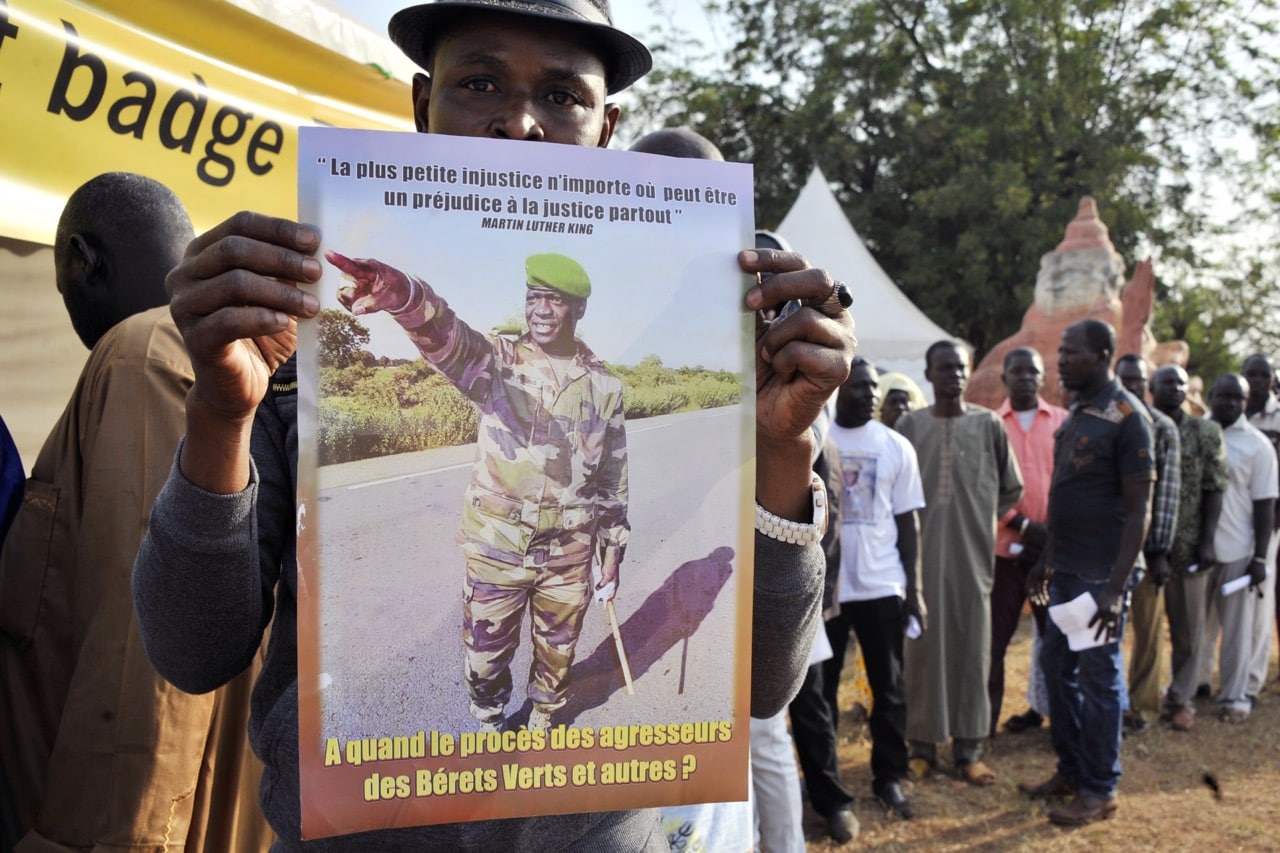
SG of Mali’s truth commission brutally assaults and threatens editor
The secretary general of Mali’s newly established Truth, Reconciliation and Reparations Commission (TRRC) Colonel Abdoulaye Makalou brutally assaulted and threatened to kill Hamidou Toure El Hadji, the managing editor of an online news site.
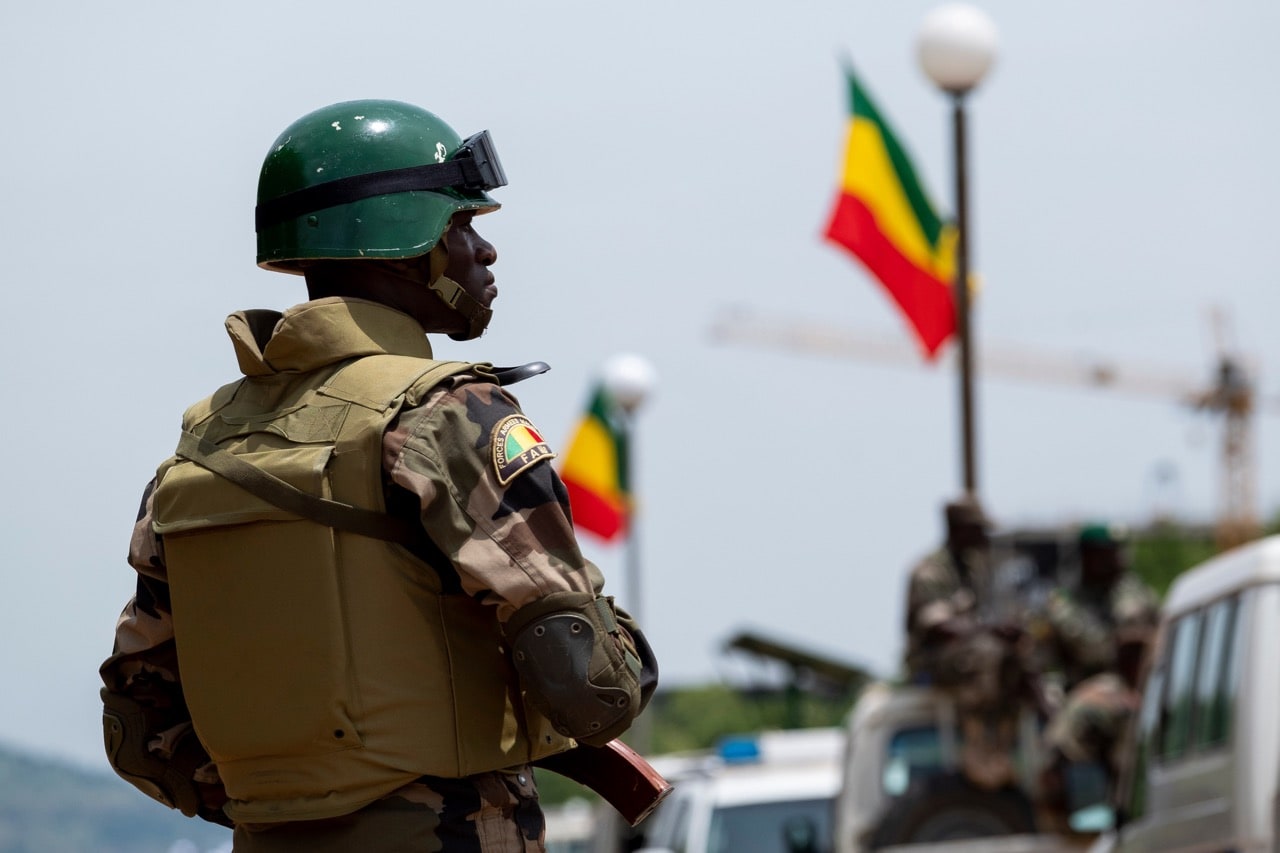
Security forces in Mali brutally break up demonstration
A recent opposition supporters protest march in Bamako was violently dispersed by security forces in Mali.
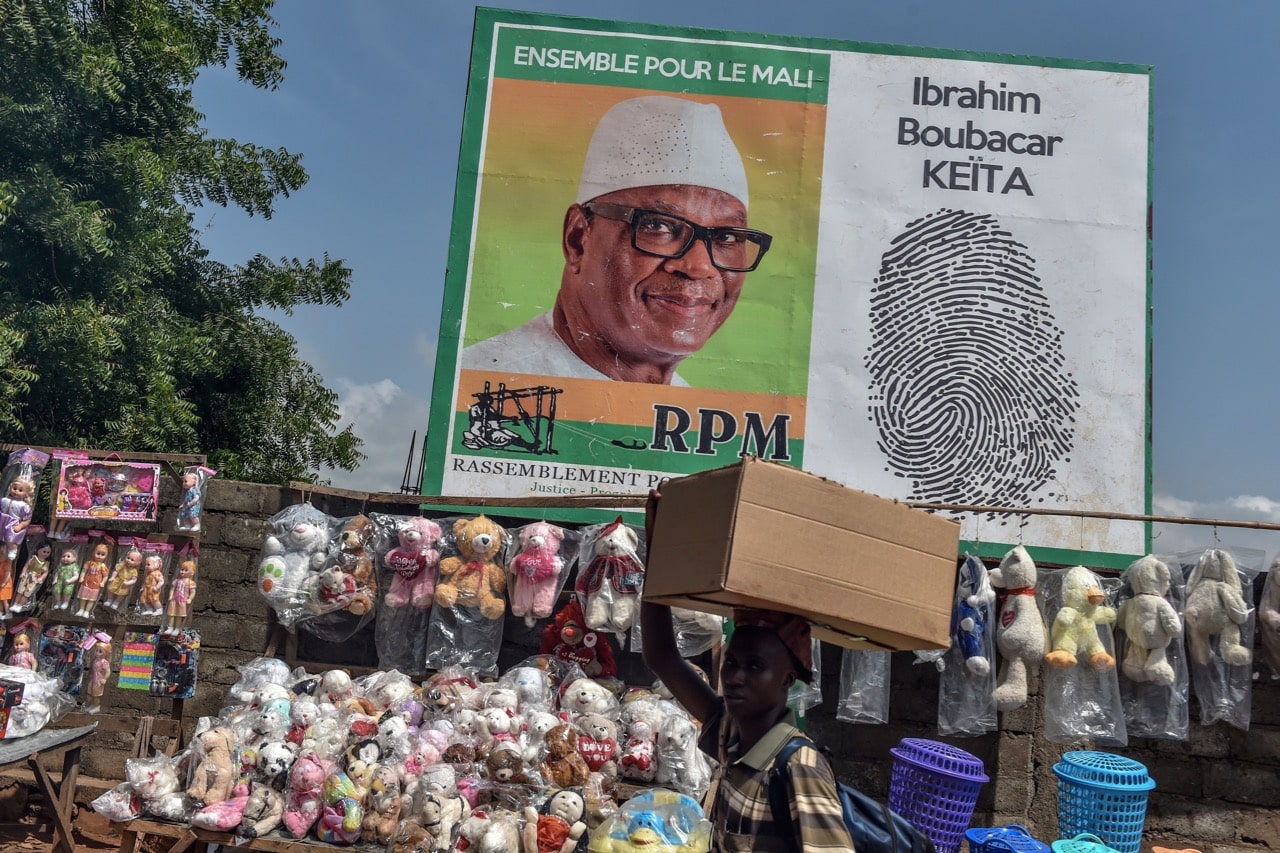
Mali’s elections marred by country’s history of continual violence
Mali has always been threatened by violence with journalists being specifically targeted over the years.
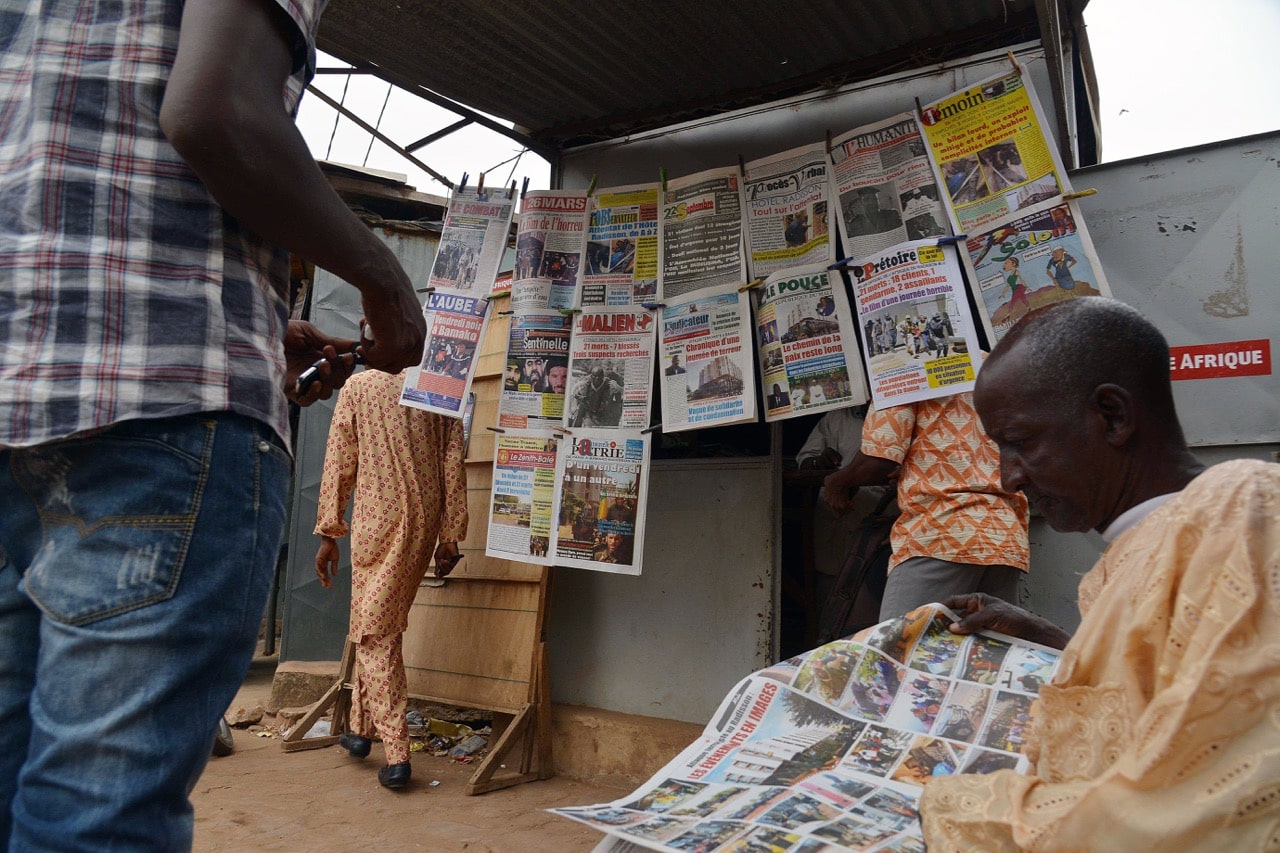
Three journalists in Mali arrested, detained and released
Malian police seized equipment from the privately owned MaliActu news website, arrested 3 of the journalists working there and released them the next day.
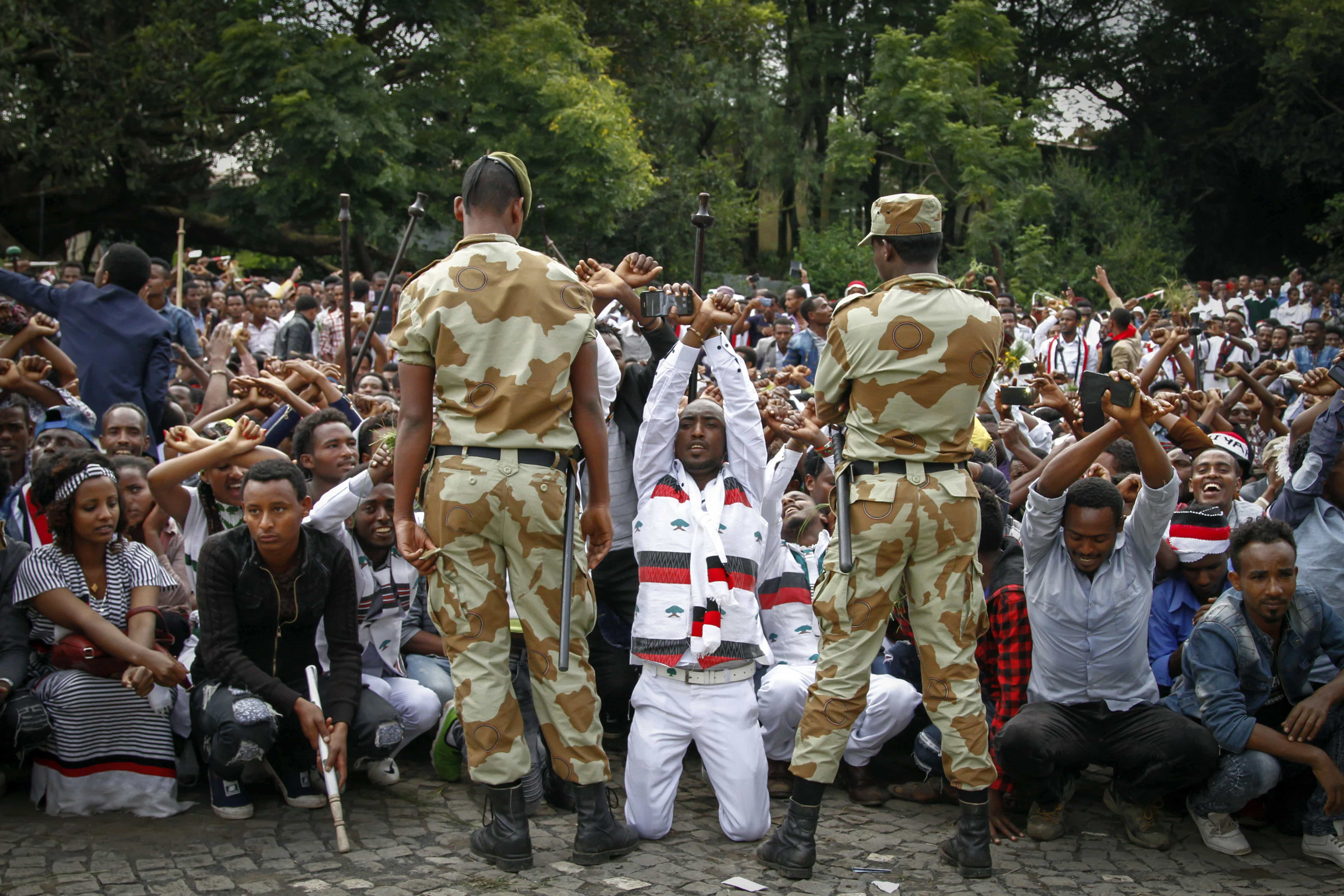
Ethiopia, DRC & Mali: 183 killed in protests between July-December 2016
A total of 183 deaths were recorded from July to December 2016 following clashes between protestors and security agents in Ethiopia, Democratic Republic of Congo and Mali. To date, not one security agent has been prosecuted for any of the killings in the three countries.

Deadly clashes in Mali followed by social media blackout
The social media blackout coincides with a turbulent day in Bamako, where misinformation on social media resulted in a clash between the police and a mob protesting the arrest of popular journalist Mohamed Bathily.

At least one protestor dead in Mali after authorities crack down on protests
The most recent protests in Mali began after the August 15 arrest of radio host Mohamed Youssouf Bathily (commonly known as “Ras Bath”) for statements made against influential religious leaders and the Malian government.
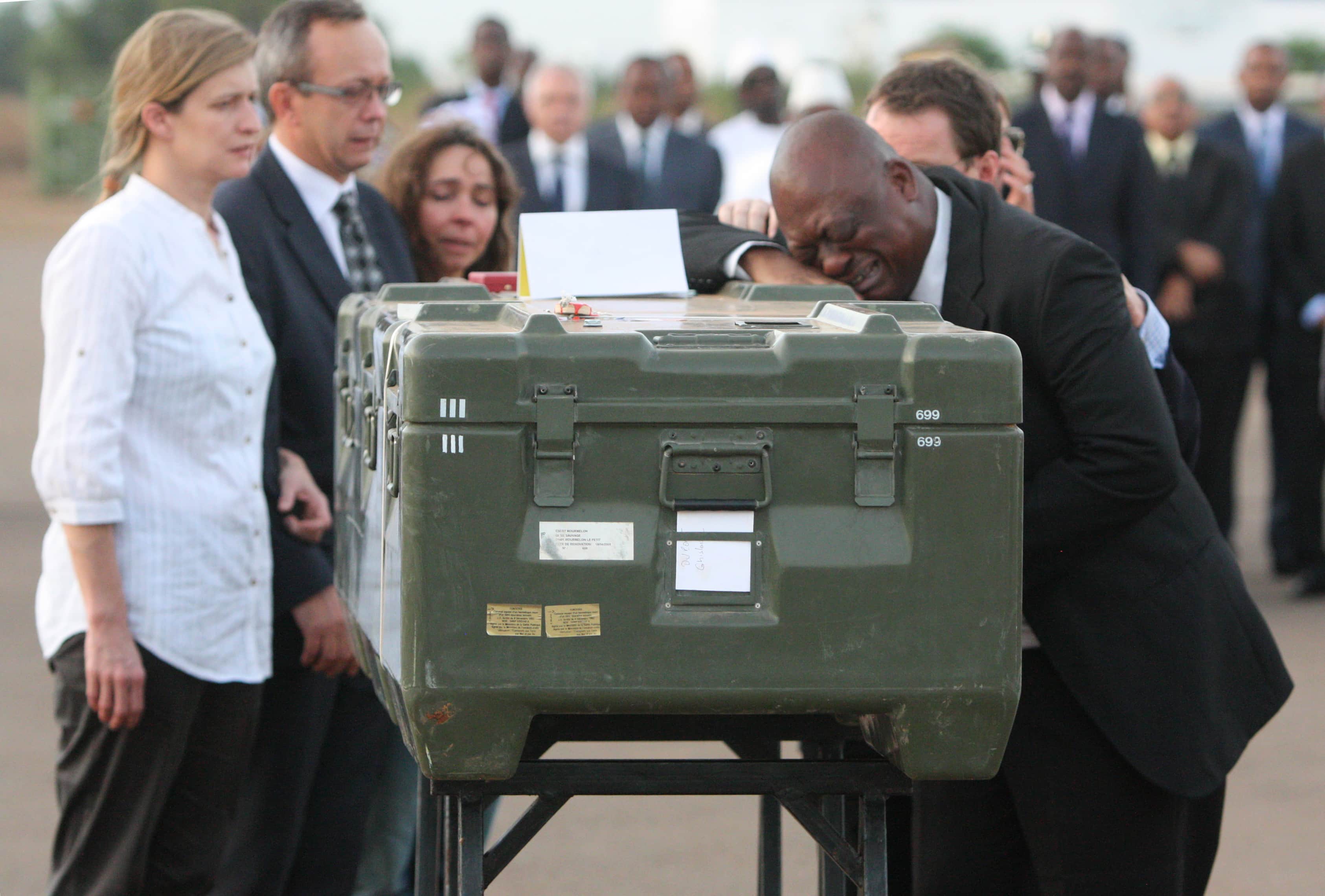
Dim prospects for media freedom in northern Mali after French journalists’ murder
The murder of Radio France Internationale journalists Ghislaine Dupont and Claude Verlon on 2 November in Kidal highlights the extent of the threats to freedom of information in this part of northern Mali.
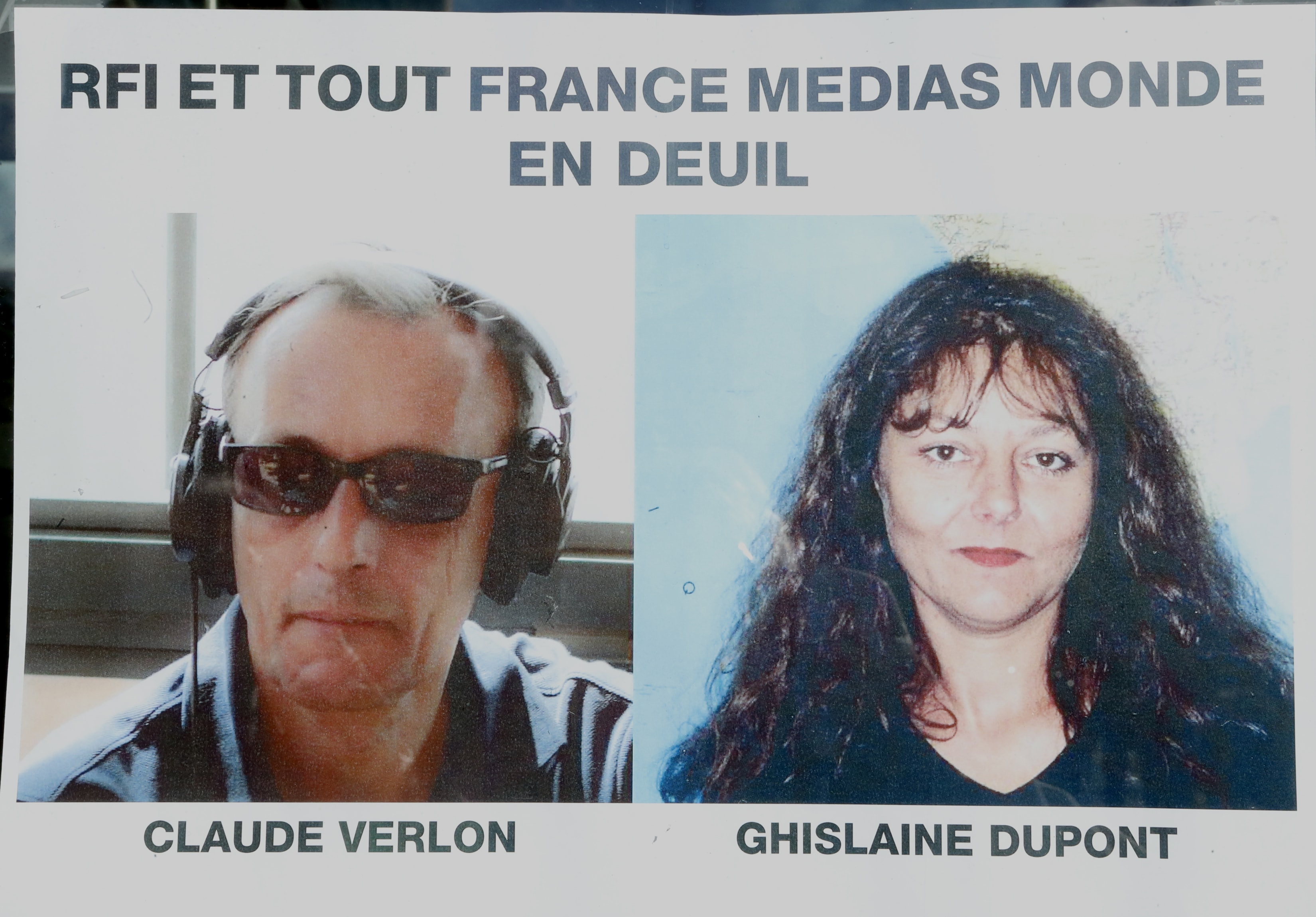
Radio France Internationale reporters murdered in Mali
Ghislaine Dupont and Claude Verlon were murdered after conducting an interview in Kidal. Their fate recalls that of Wall Street Journal reporter Daniel Pearl, decapitated by his abductors in Pakistan in 2002, and Italian journalist Enzo Baldoni, executed in Iraq in 2004.
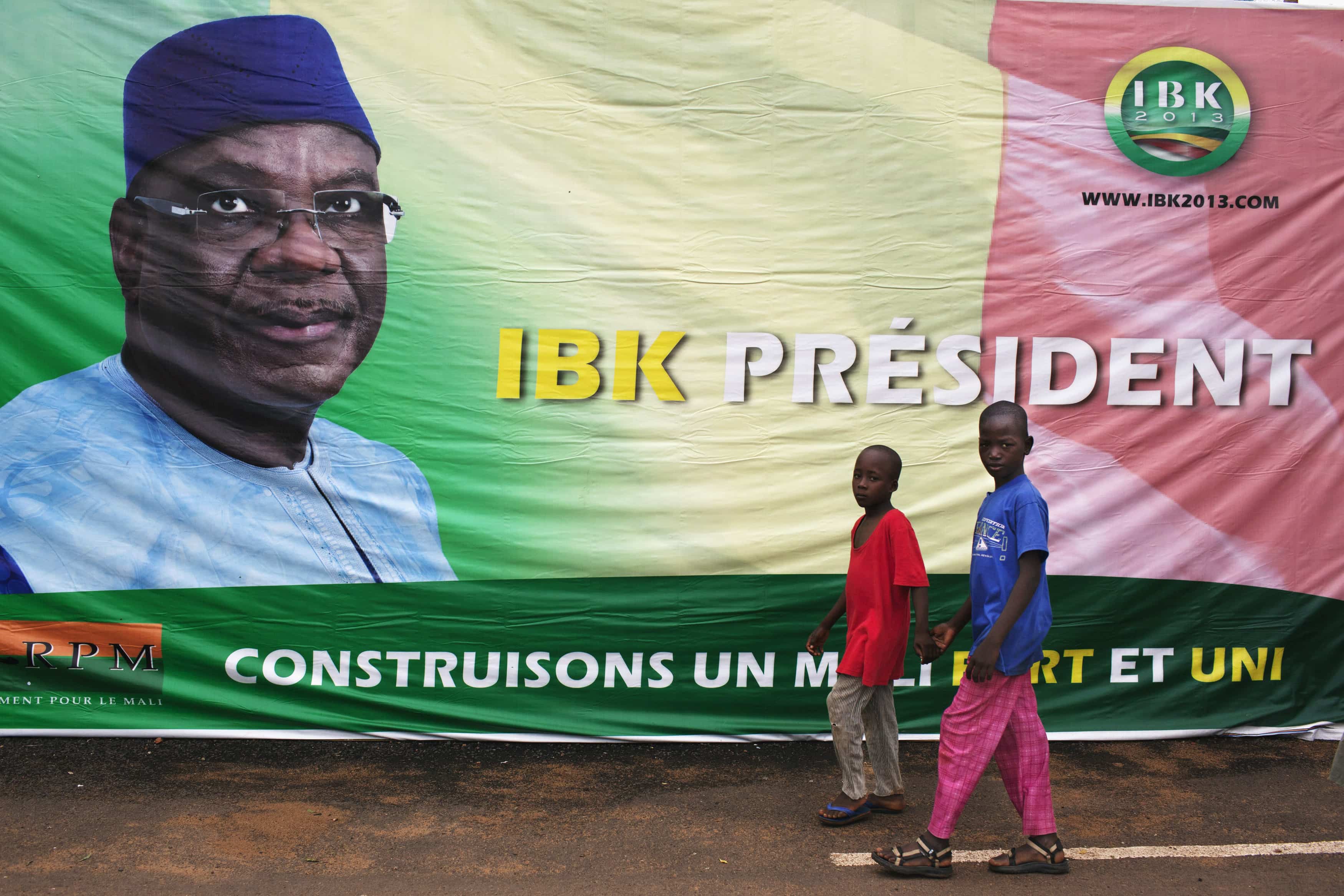
Mali’s president-elect urged to improve press freedom
Ibrahim Boubacar Keita, a Sorbonne-educated former foreign minister, is due to take office on 4 September 2013. He has pledged to restore democracy and stability in a country riven by divisions between the country’s north and south.

Media sector in Mali witnesses steady recovery, report finds
The political crisis that erupted in the once stable and peaceful West African country of Mali in early 2012 led to significant deterioration of media and general human rights conditions in the country. A report by the Media Foundation for West Africa analyses the state of the media as Mali recovers from the conflict.

Charges dropped against Malian editor
Charges against Boukary Daou – who published an army officer’s open letter in a privately-owned newspaper – were dropped on 30 April.

Malian editor released conditionally after one month in prison
Boukary Daou was released from Bamako’s main prison on 2 April 2013. He is charged with “inciting disobedience” and “publishing false news” for printing an army officer’s open letter on his newspaper’s front page.

Malian editor released conditionally after one month in prison
Boukary Daou was released from Bamako’s main prison on 2 April 2013. He is charged with “inciting disobedience” and “publishing false news” for printing an army officer’s open letter on his newspaper’s front page.
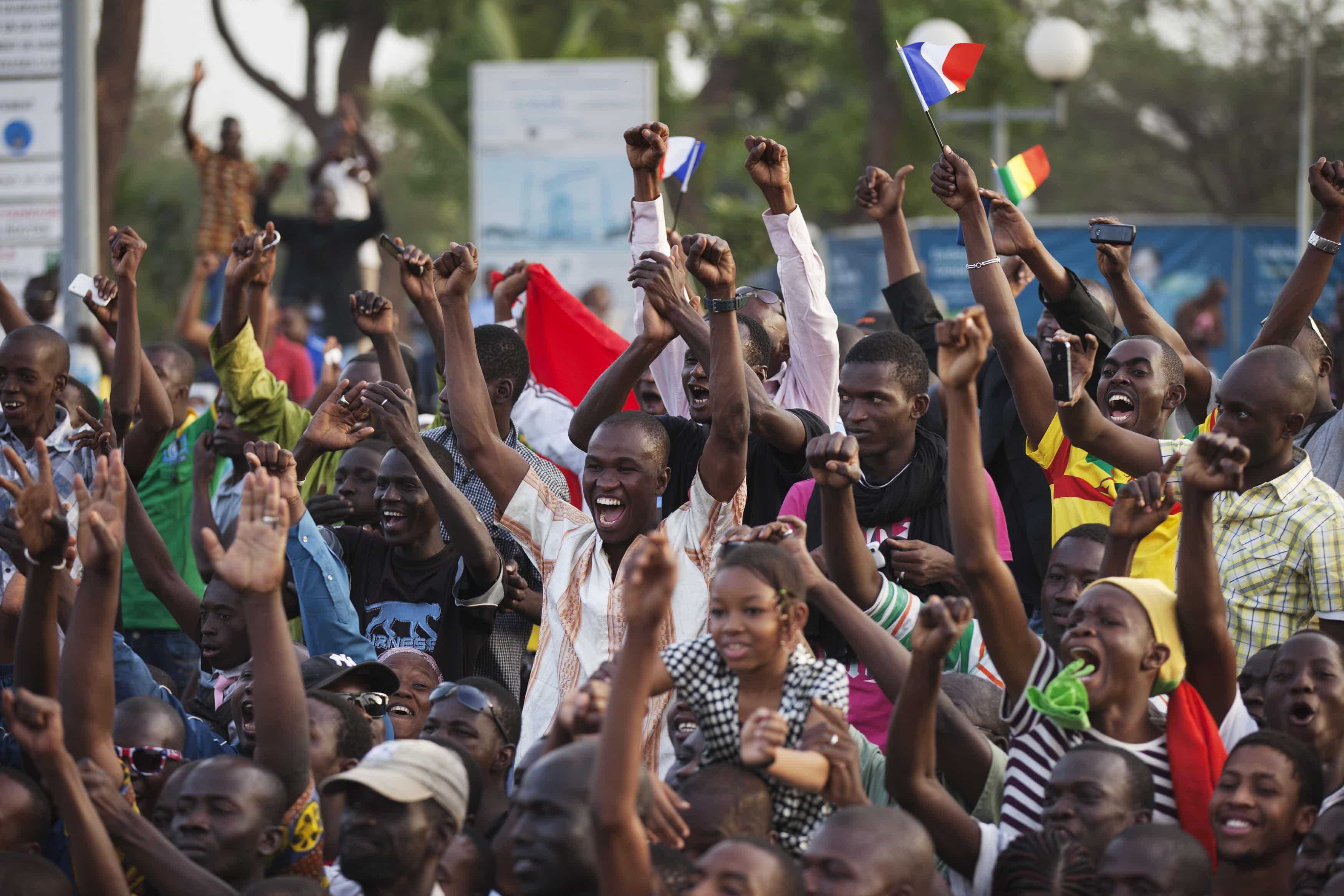
Covering conflict: Mali’s war, unseen
Freedom House guest blogger Thomas R. Lansner critiques mainstream media coverage of Mali’s conflict. He notes that most of the photos available, as the French newspaper Liberation observes, “have the feeling of having been produced by the school of fine arts of war….”